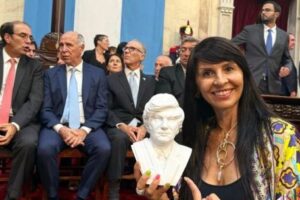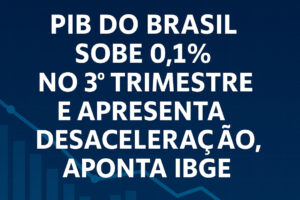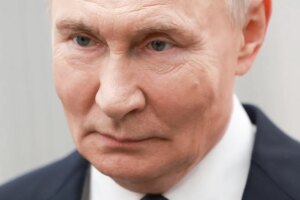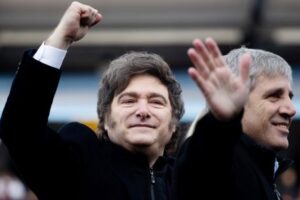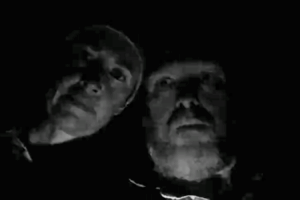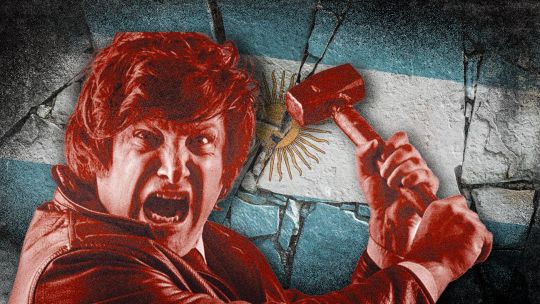
Nearly two years into Javier Milei’s Presidency – and with key legislative elections just a month and a half away in October — his defining strength isn’t institutional reform, but the absence of a viable rival.
The irony is rich: Milei snagged almost 30 percent in the first round of 2023’s presidential vote, not because voters rallied behind him, but because they recoiled from Sergio Massa – and there was no convincing alternative. Now, two years later, the opposition remains fragmented, and Milei continues to benefit from their disarray.
Indeed, his pledge to deliver the “final nail in Peronism’s coffin” rings hollow against the real story: it is the graveyard of PRO, not Peronism, that has grown more crowded. The most significant gains for La Libertad Avanza (LLA) have come at PRO’s expense, especially following recent elections in Buenos Aires City where Milei’s party decimated PRO’s long-held sway.
In October, 127 of the 257 seats in the lower house Chamber of Deputies will be up for grabs, with Buenos Aires Province (representing 35) and the capital (13) at the heart of the contest. Among those at risk, Unión por la Patria must defend nearly half its seats, the Unión Cívica Radical (UCR) risks three-quarters, and PRO faces losing more than half its bloc. Milei’s LLA, by contrast, defends only seven of its 40 seats. In the Senate, all 24 seats to be renewed this year belong to opposition parties, leaving Milei’s coalition entirely on offense. The opposition thus fights to hold the line, while Milei can play to expand.
Since his presidential victory, LLA has consistently struggled to break 30 percent in subsequent elections. Polls show a stubborn gap of 15 to 20 points between dissatisfaction with the opposition and votes cast for Milei’s party. Disenchantment does not automatically translate into loyalty for the government, and October will test whether LLA can finally convert frustration into durable electoral capital.
Meanwhile, Peronism remains fractured. Former president Cristina Fernández de Kirchner, under house arrest while serving a corruption sentence and barred from running, continues to hold sway over a quarter of the electorate, while Axel Kicillof, governor of Buenos Aires Province and a former economy minister (2013-2015) during Fernández de Kirchner’s second term in office, struggles to build national projection. The UCR, historically Argentina’s only member of the Socialist International, has steadily shifted rightward since the turn of the century, with strong austerity measures in 2001, its Cambiemos alliance with PRO, and now even splinter factions like the “Radicales con peluca” openly crossing into Milei’s camp. PRO, once a formidable centre-right force, has seen its influence collapse, handing Milei both cadres and votes.
Milei’s economic programme, with sharp subsidy cuts and deregulation, has imposed a heavy social toll. Inflation has eased, but real wages have shrunk and protests are mounting. Still, in the absence of a credible alternative, the president has managed to turn hardship into momentum, channeling anger at politics-as-usual into his own survival.
In this volatile landscape, Milei’s greatest advantage remains not his economic programme or ideological crusade, but the incoherence of those who oppose him. Unless the opposition can unite around a message and a leader, the pendulum of Argentine politics will have nowhere to swing back. And so, as Milei promises to bury Peronism, the party actually being lowered into the ground may be PRO.
by Adrián Genesir*
